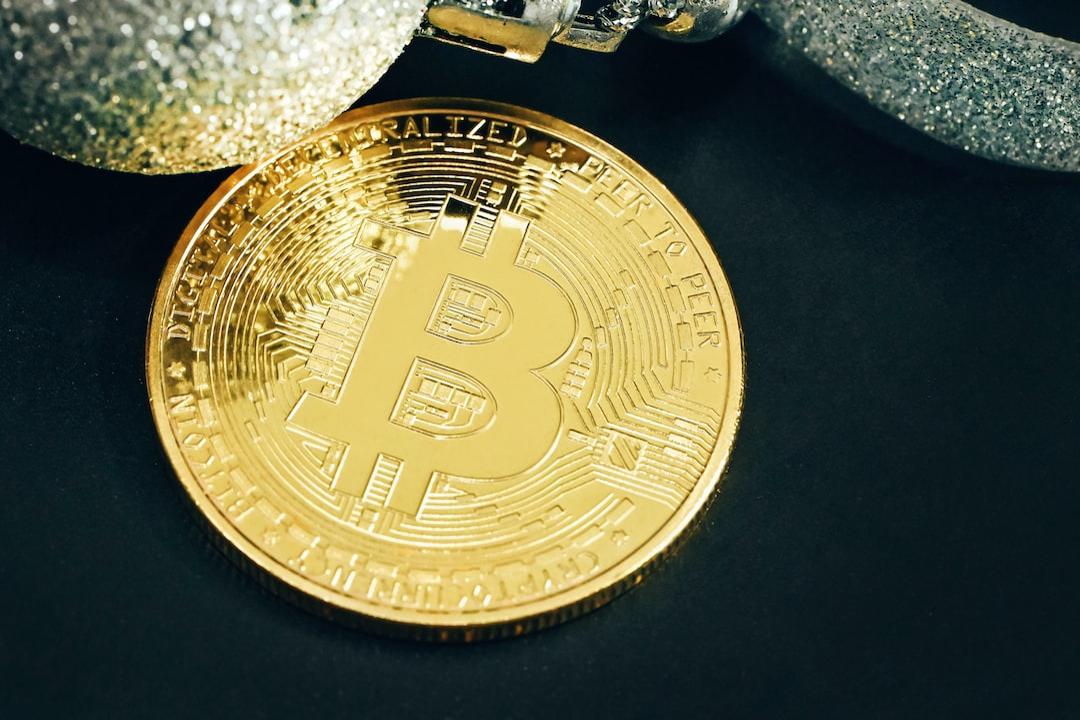Disclaimer: The opinions and perspectives expressed in this article are solely those of the author and do not necessarily reflect the views and opinions of the editorial team at crypto.news.
Bitcoin is undergoing a transformation – no longer seen as dull or exclusive to institutional investors, it is now seen as a source of excitement and innovation. Traditionally viewed as a store of value for wealth preservation, Bitcoin was often acquired and then stored away in cold storage, disconnected from the wider network.
While other blockchains like Ethereum and Solana thrived, attracting significant transaction volumes and generating substantial fees, the Bitcoin blockchain remained relatively stagnant. Despite its increasing value, retail investors found it challenging to participate in the Bitcoin market due to its high entry barrier.
However, a new era is dawning for Bitcoin, promising to bring a wave of change and activity to the network. Runes, a platform that recently enabled Bitcoin miners to earn a staggering $107 million in revenue in a single day, is driving this shift. This surge in revenue has alleviated concerns surrounding the impact of halving on miner earnings and the long-term security budget of the Bitcoin network.
Mainstream financial institutions are taking notice of this renewed interest in Bitcoin, with analysts at Bernstein acknowledging the resurgence of activity in the market. Similarly, Franklin Templeton has observed a renaissance in Bitcoin-related activities.
Launched in conjunction with the Bitcoin halving event, Runes has sparked excitement within the community. This enthusiasm is reflected in the spike of the average transaction fee for Bitcoin, which skyrocketed from $5 to over $128 on April 20th, reaching a record high of $80 million in total transaction fees.
Runes has already facilitated 1.9 million transactions, generating 1,366 BTC in fees, making it the top chain in terms of trading revenue according to NFT Pulse. The platform builds on the success of Ordinals, which allows users to embed data into the Bitcoin blockchain, generating over 6,777 BTC in fees since 2022.
Unlike the existing Bitcoin token standard BRC-20s, Runes leverages Bitcoin’s Unspent Transaction Outputs (UTX) to store data efficiently, offering a more secure and cost-effective platform for fungible token projects. This has led to the creation of hundreds of tokens within a week, with the Runes ecosystem expanding to include various decentralized platforms and projects.
While the initial hype around Runes may lead to fluctuations in price and activity, the long-term potential of the platform is promising. As the ecosystem matures and integrates with existing infrastructure, it is poised to revolutionize the Bitcoin landscape, unlocking new possibilities and driving innovation.
In conclusion, Bitcoin’s untapped potential is now being realized through Runes, paving the way for a more inclusive and vibrant ecosystem around the digital currency. Retail investors can now engage with Bitcoin in new and exciting ways, propelling the cryptocurrency to new heights of value and utility.

